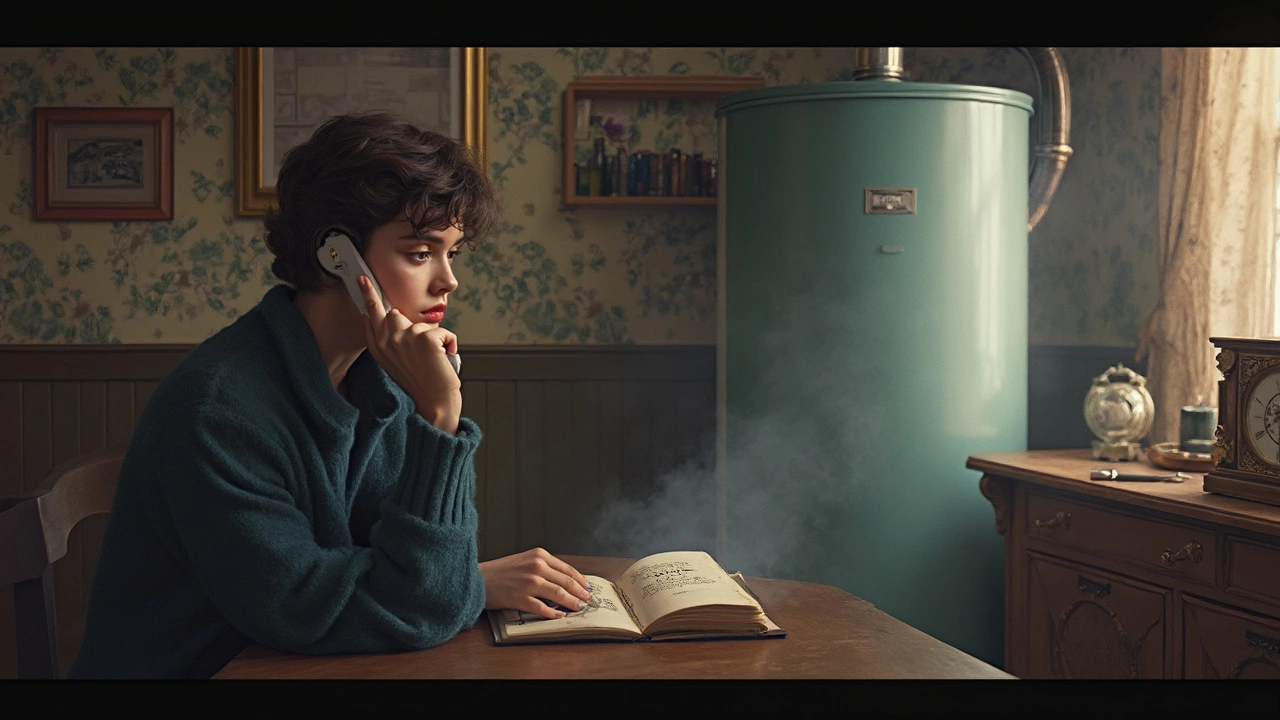Emergency Plumber: Fast, Reliable Help When You Need It Most
There’s nothing worse than waking up to a burst pipe or a toilet that won’t stop running. In those moments you need a solution that’s quick, affordable, and guaranteed to stop the damage. That’s where an emergency plumber comes in – a 24‑hour professional who can show up, assess the problem, and get your home back to normal without the stress.
Most households don’t think about plumbing until something goes wrong. A small leak can turn into a flooding disaster in minutes, ruining floors, walls, and personal belongings. The key is to act fast, but also to know what you can safely attempt before the expert arrives. Below you’ll find the signs that scream “call an emergency plumber now” and a few easy fixes you can try while waiting.
When to Call an Emergency Plumber
Not every drip needs a midnight call, but a few red flags demand immediate attention:
- Water is spilling onto the floor. If a pipe has burst or a faucet is flooded, turn off the main water supply and call a plumber right away.
- Toilet won’t stop flushing. Continuous running can waste gallons and cause overflow. Shut the valve behind the toilet and get professional help.
- Strange noises from pipes. Banging, whistling, or knocking often means pressure issues that could burst a line.
- Hot water disappears suddenly. If you lose hot water and see steam or a lingering smell, there may be a serious heater fault.
- Visible corrosion or rust. Old, rusted pipes are weak and likely to leak at any moment.
When any of these happen, seize a few minutes to stop the water flow, then dial a trusted emergency plumber. The faster you act, the less damage you’ll face.
Quick DIY Fixes While You Wait
Professional help is just a phone call away, but you can limit the mess with a couple of simple steps:
- Turn off the water. Locate the main shut‑off valve (usually near the meter) and rotate it clockwise until it stops.
- Use a bucket or towels. Place a bucket under a leaking faucet or pipe, and lay towels over the floor to soak up water.
- Unclog a toilet. If the bowl is full but not flushing, try a plunger first. If that fails, a simple toilet auger can clear minor blockages.
- Secure loose fittings. Tighten any visible loose nuts with a wrench, but don’t over‑tighten – you might cause more damage.
These actions buy you time and reduce the cleanup later. Remember, they’re only temporary – a qualified emergency plumber will need to replace damaged sections, reseal joints, or repair the heater.
Choosing the right plumber matters. Look for a service that offers 24/7 response, clear pricing, and fully licensed technicians. Many emergency plumbing companies also provide a free on‑site quote, so you know exactly what you’re paying for before work starts.
Finally, keep a list of emergency contacts (plumber, insurance, utility company) in a visible spot. When a crisis hits, you won’t waste precious minutes hunting for numbers.
Bottom line: a burst pipe isn’t something you should ignore. Turn off the water, limit the damage, and call an emergency plumber right away. With the right quick fixes and a reliable professional on speed‑dial, you’ll protect your home, your wallet, and your peace of mind.
Who to Call When Your Boiler Breaks Down
0 Comments
When your boiler decides to take an unscheduled break, it can be frustrating and chilly. Knowing who to call becomes crucial, especially during the colder months. This article explores the steps to take when your boiler isn’t working, the right professionals to contact, and the difference between quick fixes and serious repairs. You'll learn tips on how to maintain your boiler to prevent future breakdowns, as well as insider advice on what to expect when calling in the experts.
Read More